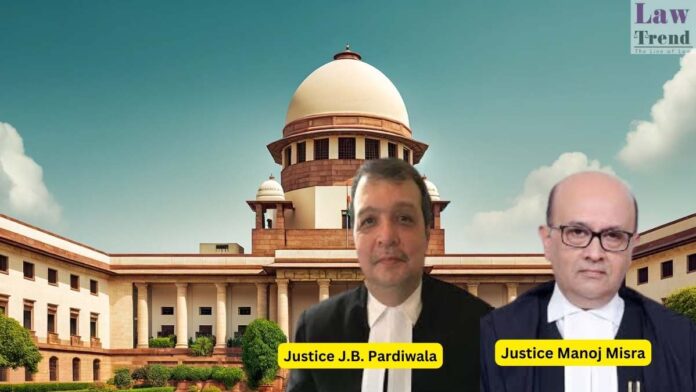In a key pronouncement on the effect of judicial overruling, the Supreme Court has held that when a subsequent judgment overrules an earlier decision, it merely corrects the previous interpretation and applies retrospectively unless the Court specifically directs otherwise. The ruling came in Directorate Of Revenue Intelligence vs Raj Kumar Arora & Ors., Criminal Appeal
To Read More Please Subscribe to VIP Membership for Unlimited Access to All the Articles, Download Available Copies of Judgments/Order, Acess to Central/State Bare Acts, Advertisement Free Content, Access to More than 4000 Legal Drafts( Readymade Editable Formats of Suits, Petitions, Writs, Legal Notices, Divorce Petitions, 138 Notices, Bail Applications etc.) in Hindi and English.




